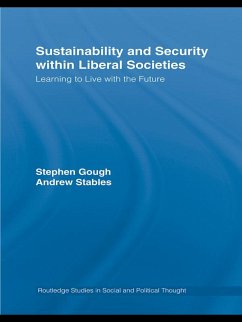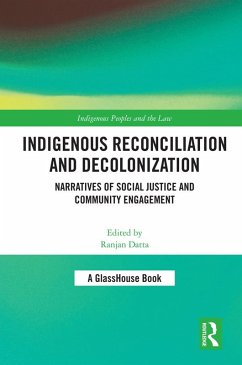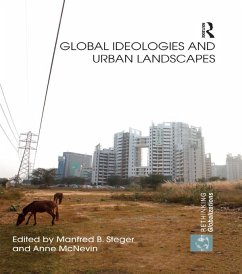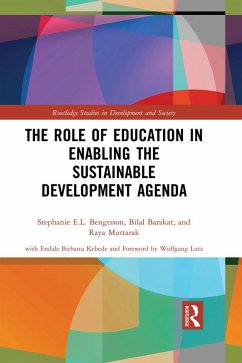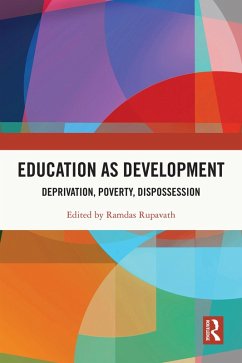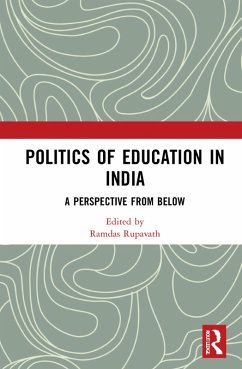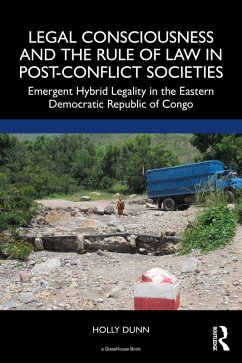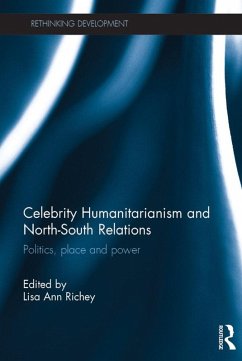
Sustainability and Security within Liberal Societies (eBook, ePUB)
Learning to Live with the Future
Redaktion: Gough, Stephen; Stables, Andrew
Versandkostenfrei!
Sofort per Download lieferbar
46,95 €
inkl. MwSt.
Weitere Ausgaben:

PAYBACK Punkte
23 °P sammeln!
Much of the world will be living in broadly "liberal" societies for the foreseeable future. Sustainability and security, however defined, must therefore be considered in the context of such societies, yet there is very little significant literature that does so. Indeed, much ecologically-oriented literature is overtly anti-liberal, as have been some recent responses to security concerns. This book explores the implications for sustainability and security of a range of intellectual perspectives on liberalism, such as those offered by John Rawls, Robert Nozick, Frederick Hayek, Ronald Dworkin, M...
Much of the world will be living in broadly "liberal" societies for the foreseeable future. Sustainability and security, however defined, must therefore be considered in the context of such societies, yet there is very little significant literature that does so. Indeed, much ecologically-oriented literature is overtly anti-liberal, as have been some recent responses to security concerns. This book explores the implications for sustainability and security of a range of intellectual perspectives on liberalism, such as those offered by John Rawls, Robert Nozick, Frederick Hayek, Ronald Dworkin, Michael Oakeshott, Amartya Sen and Jürgen Habermas.
Dieser Download kann aus rechtlichen Gründen nur mit Rechnungsadresse in A, B, BG, CY, CZ, D, DK, EW, E, FIN, F, GR, HR, H, IRL, I, LT, L, LR, M, NL, PL, P, R, S, SLO, SK ausgeliefert werden.




